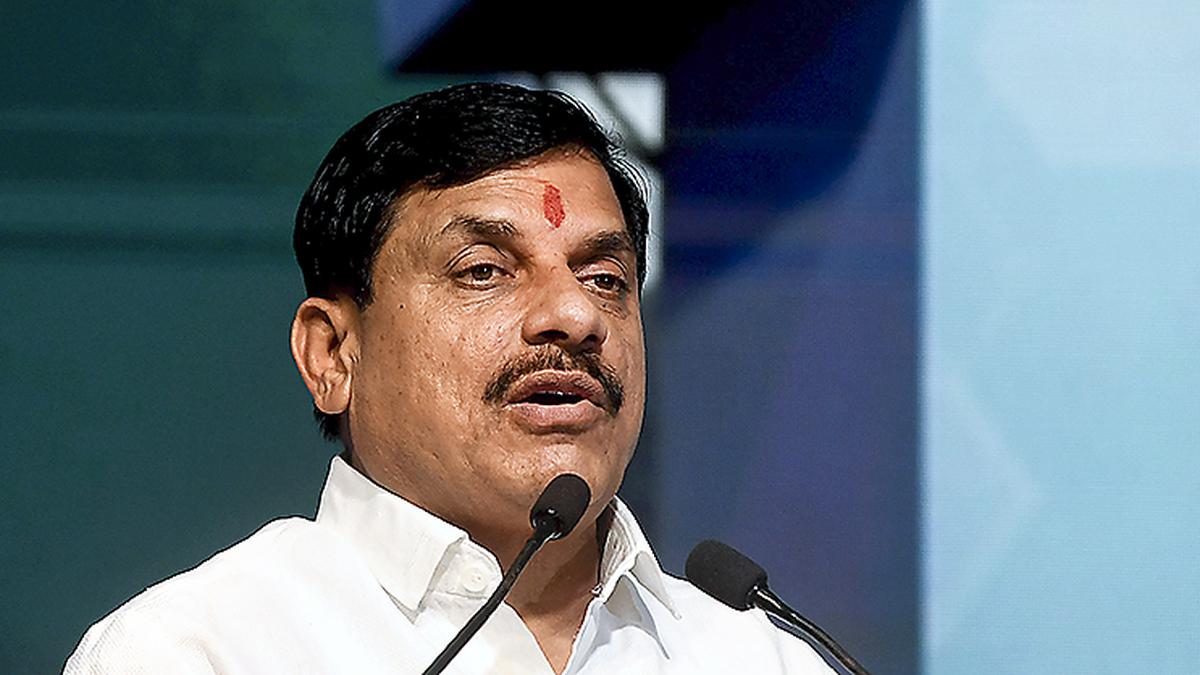
M.P. CM says Budget has new vision for innovation, AI; Congress slams ‘no provision for debt-ridden State’
The Hindu
Madhya Pradesh CM praises Union Budget 2025 for special provisions for poor, women, youth, farmers, start-ups, innovation, and AI.
Madhya Pradesh Chief Minister Mohan Yadav on Saturday (February 1, 2025) praised Union Budget 2025 saying that it has special provisions for the poor, women, youth and farmers as well as for start-ups, innovation and artificial intelligence (AI).
Thanking Prime Minister Narendra Modi and Union Finance Minister Nirmala Sitharaman in a statement, Mr. Yadav said: “This welfare, all-encompassing and inclusive Budget is full of the spirit of ‘antyodaya’ and a new vision of innovation, incorporating various sectors like start-ups, innovation and artificial intelligence along with the overall development of the poor, youth, farmers and women power of the country.”
Also Read | Viksit Bharat and the Budget’s play with numbers
Madhya Pradesh did not receive any specific allocations in the Budget presented by Ms. Sitharaman. However, various schemes and announcements are expected to benefit sections of the State’s public.
The announcement of a new scheme to provide term loans up to ₹2 crore to five lakh woman, Scheduled Caste and Scheduled Tribe entrepreneurs during the next five years may benefit the State’s significant population of tribal and SC communities.
Welcoming the decision to exempt those with income up to ₹12 lakh from income tax, Mr. Yadav said the move will “prove to be decisive in empowering the middle class”.
Madhya Pradesh Congress Committee (MPCC) president Jitu Patwari, however, slammed the Budget and said that it does not have any “concrete plan” for the farmers and unemployed youth.

The Budget has proposed the setting up of a Maritime Development Fund to support India’s maritime sector by providing financial assistance, via equity or debt securities, which will directly benefit in financing for ship acquisition and aims at boosting Indian-flagged ships’ share in the global cargo volume up to 20% by 2047.

 Run 3 Space | Play Space Running Game
Run 3 Space | Play Space Running Game
 Traffic Jam 3D | Online Racing Game
Traffic Jam 3D | Online Racing Game
 Duck Hunt | Play Old Classic Game
Duck Hunt | Play Old Classic Game
















